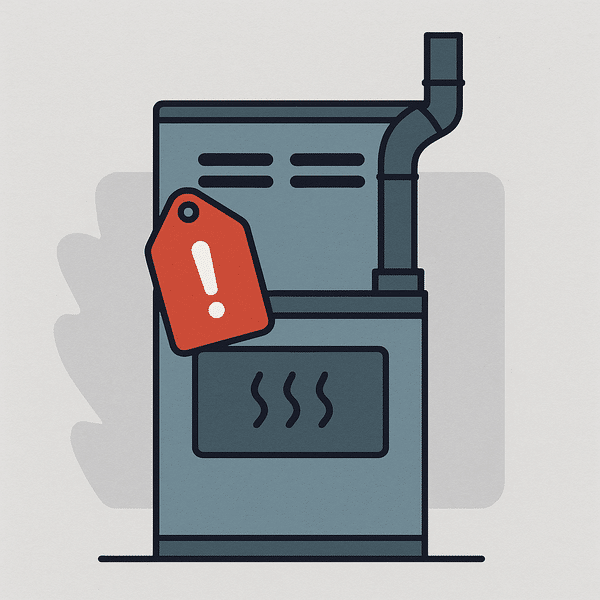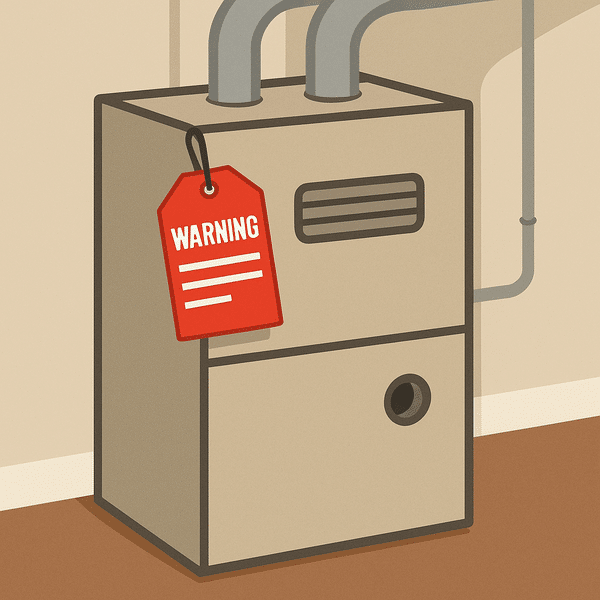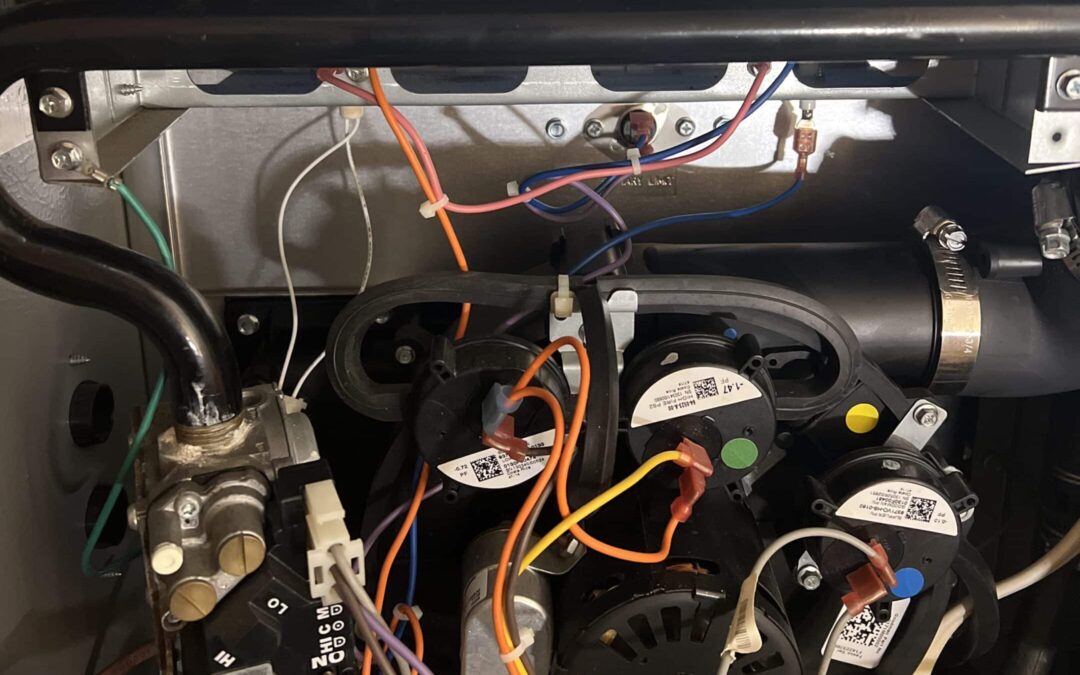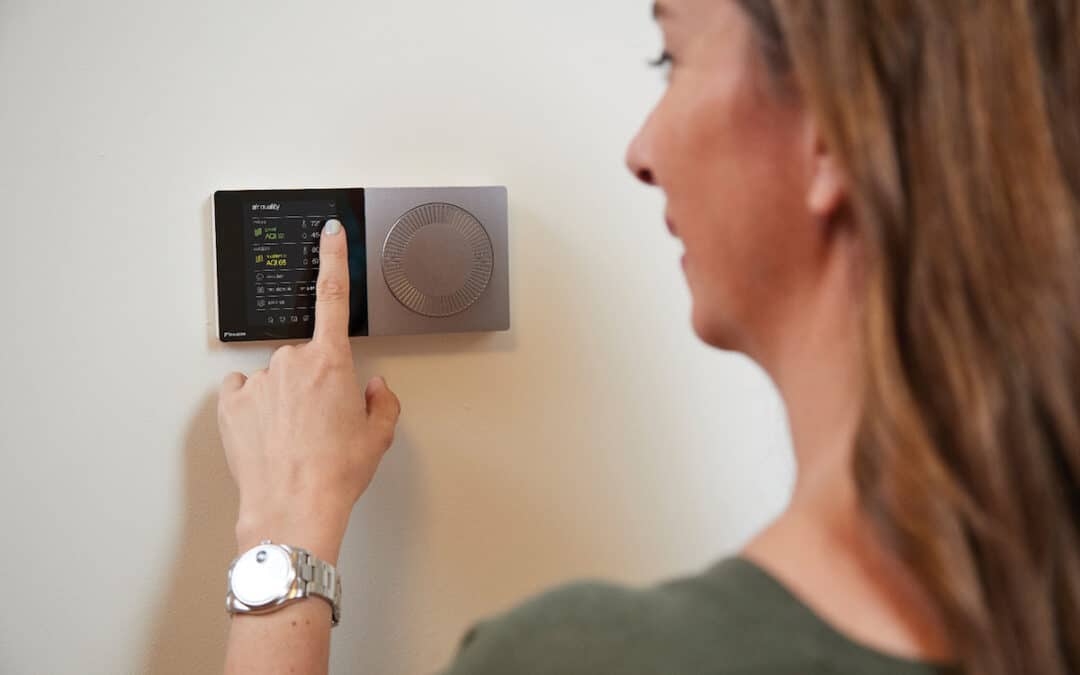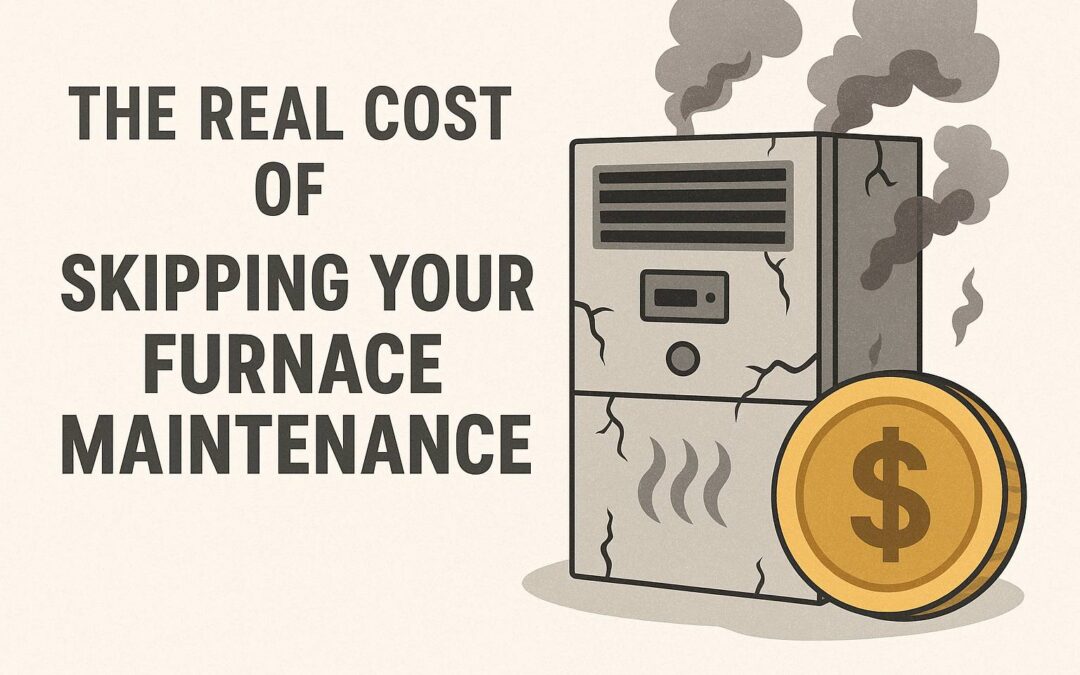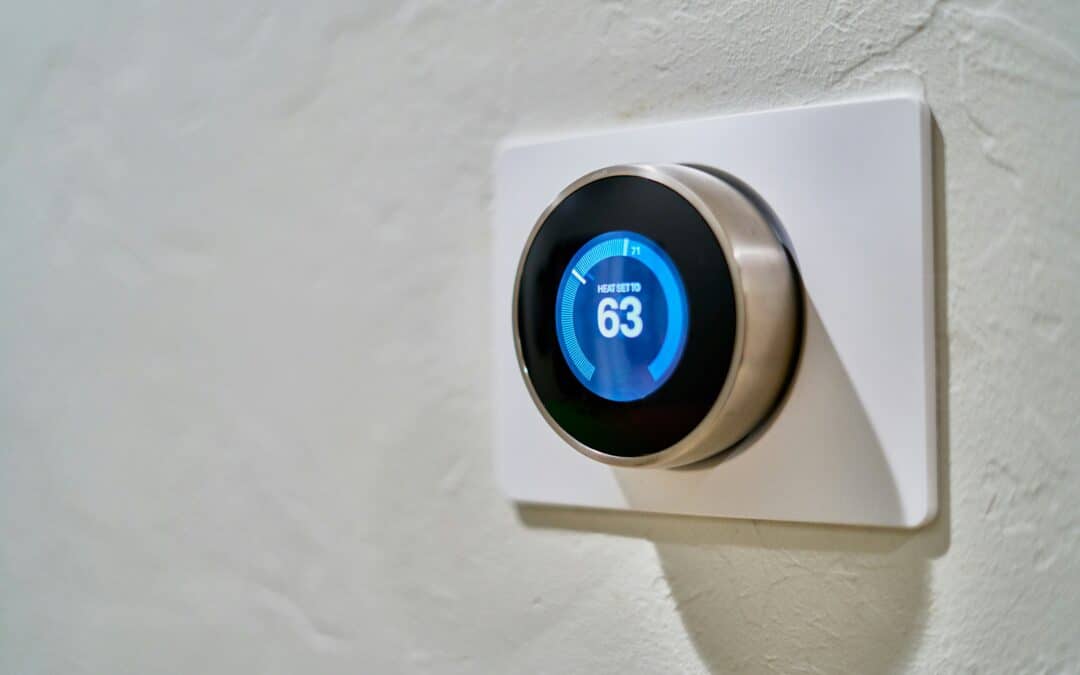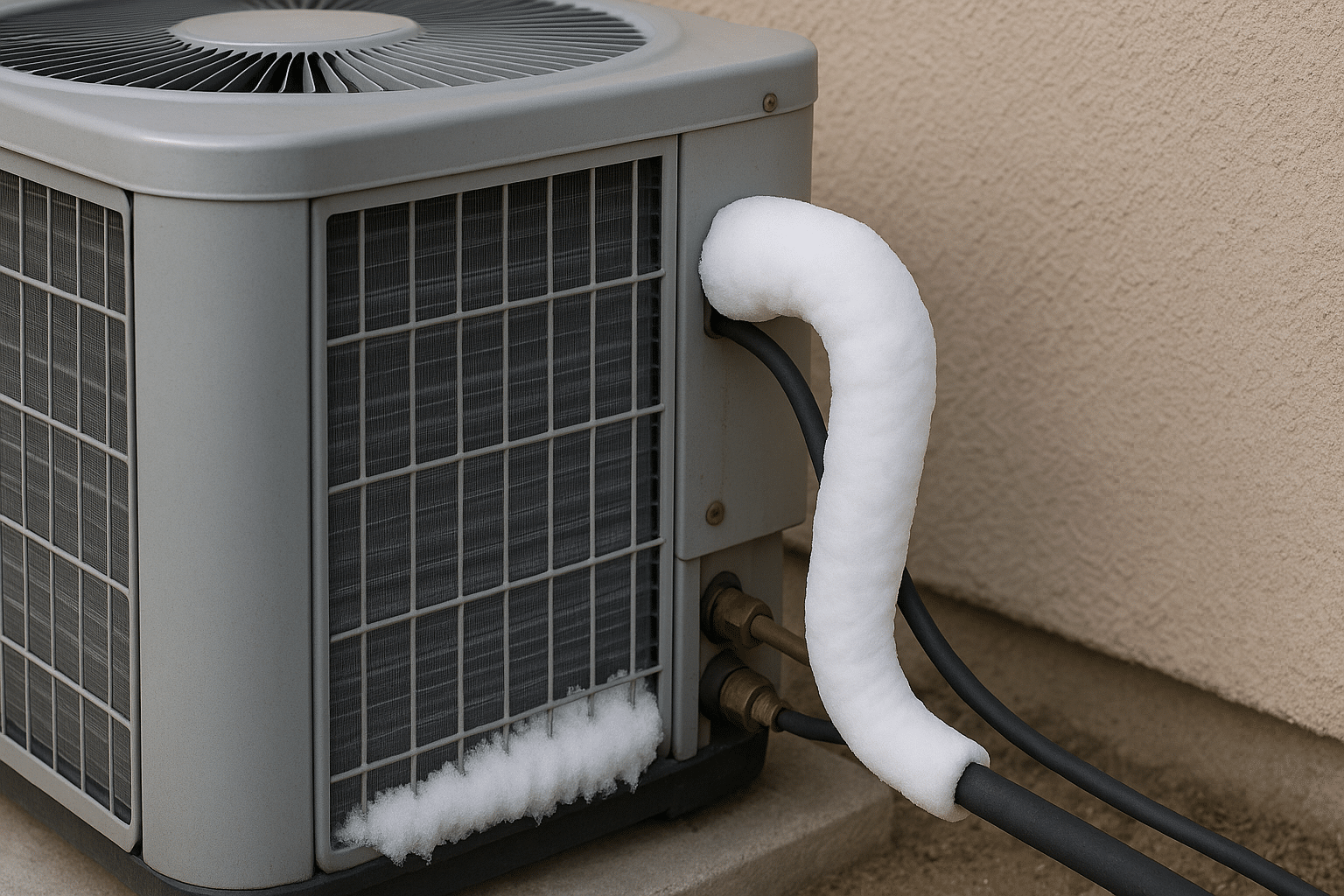
What to Do If Your Air Conditioner Freezes Up
It’s a hot summer day, and your air conditioner is working overtime to keep your home cool—but suddenly, you notice warm air blowing from the vents, or worse, no air at all. You check the unit, and it looks like there’s ice building up on the coils. What do you do? Don’t panic! In this blog, we’ll explain why your air conditioner might freeze up and provide a few steps you can take to fix the issue or prevent it from happening in the future.
Why Does an Air Conditioner Freeze Up?
First, it’s important to understand why an air conditioner can freeze in the first place. Several factors can contribute to this issue, including:
Low Refrigerant Levels: If there isn’t enough refrigerant, the pressure in the system drops, causing the coils to become too cold and freeze up.
Poor Airflow: Blocked or dirty air filters, clogged ductwork, or a malfunctioning blower fan can reduce airflow, preventing the evaporator coils from absorbing heat. When this happens, the coils can freeze.
Thermostat Issues: If your thermostat is set too low, it can cause the unit to run continuously, leading to a frozen coil.
Dirty Coils: Dirt and debris can build up on the evaporator coils, insulating them and causing the temperature to drop too low, leading to freezing.
What to Do If Your Air Conditioner Freezes Up
If you notice that your air conditioner is frozen, here are some simple steps you can take to address the issue:
1. Turn Off the Air Conditioner
The first step is to turn off your air conditioner immediately. Continuing to run a frozen AC can cause further damage to the unit, such as damaging the compressor or other vital components. Turn the thermostat to the “off” position, and if possible, turn the fan on to help the ice melt faster.
2. Let the Unit Thaw
Allow the unit to thaw completely. Depending on the severity of the freeze, this can take several hours. If you’re dealing with a lot of ice, you can speed up the process by placing a fan in front of the unit to circulate air and help the ice melt faster.
3. Check the Air Filter
One of the most common causes of freezing is poor airflow. If the air filter is dirty or clogged, it can restrict airflow to the evaporator coils, leading to freezing. Check the filter, and if it’s dirty, replace it with a clean one. It’s also a good idea to clean or replace your air filters every 1-3 months to maintain optimal airflow.
4. Inspect the Vents and Ductwork
Ensure that all the vents in your home are open and unobstructed. Sometimes, furniture or other objects can block vents, restricting airflow. Check your ductwork for any signs of blockages or leaks that might be limiting airflow to your system.
5. Verify the Thermostat Setting
If your thermostat is set too low, it may be causing the system to run continuously, which can lead to freezing. Set the thermostat to a reasonable temperature, generally between 72°F and 78°F (22°C and 25°C). This allows the air conditioner to cycle on and off as needed without overworking the system.
6. Schedule a Professional Inspection
If you’ve gone through the above steps and your air conditioner is still freezing, it’s time to call a professional. A licensed HVAC technician can inspect the system for underlying issues, such as refrigerant leaks, faulty components, or problems with the compressor. Regular maintenance can also help prevent freezing issues from happening in the future.
Preventing Future Freezes
Once you’ve addressed the immediate issue, it’s important to take steps to prevent the problem from happening again. Here are some tips for keeping your air conditioner in top condition:
-
Schedule Regular Maintenance: Have your air conditioner professionally inspected and serviced annually to catch any issues before they become major problems.
-
Change the Air Filter Regularly: As mentioned earlier, a clean filter is essential for proper airflow. Make it a habit to check and replace the air filter every 1-3 months.
-
Keep Vents Clear: Ensure that air vents and registers are unobstructed by furniture, rugs, or other items that can block airflow.
-
Monitor Thermostat Settings: Avoid setting your thermostat too low, as this can cause the system to run non-stop and increase the likelihood of freezing.
A frozen air conditioner can be frustrating, but with a few simple steps, you can get your system back to working order. If you’re unsure of the cause or the issue persists, don’t hesitate to call in a professional. At ServicePlus Heating and Cooling, we’re always here to help with your air conditioning needs—whether it’s a quick fix or regular maintenance to prevent future issues.
